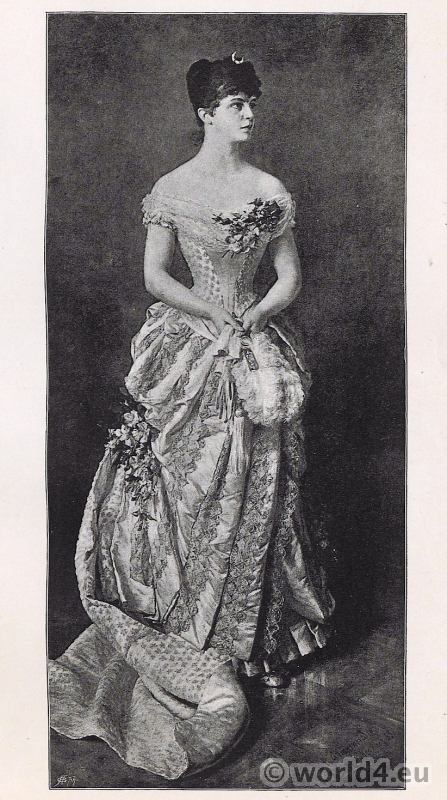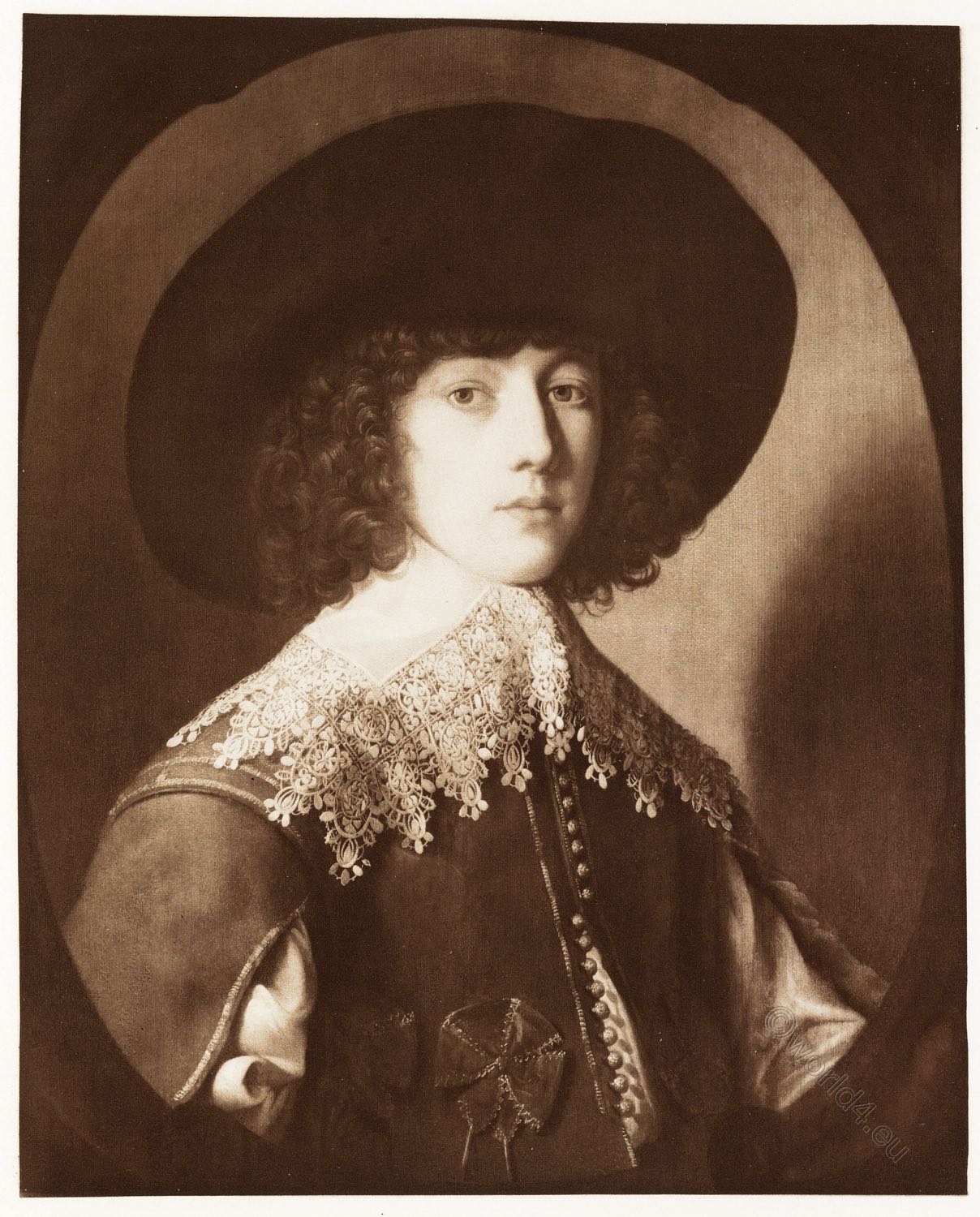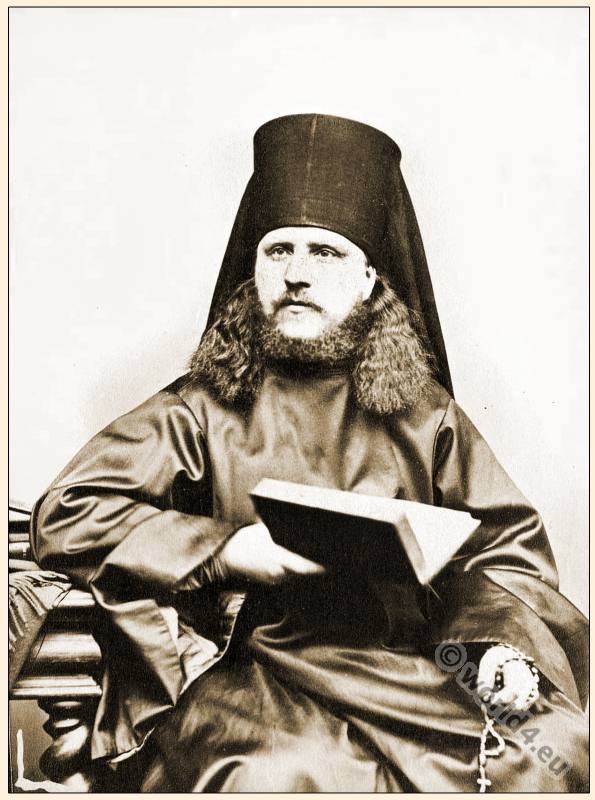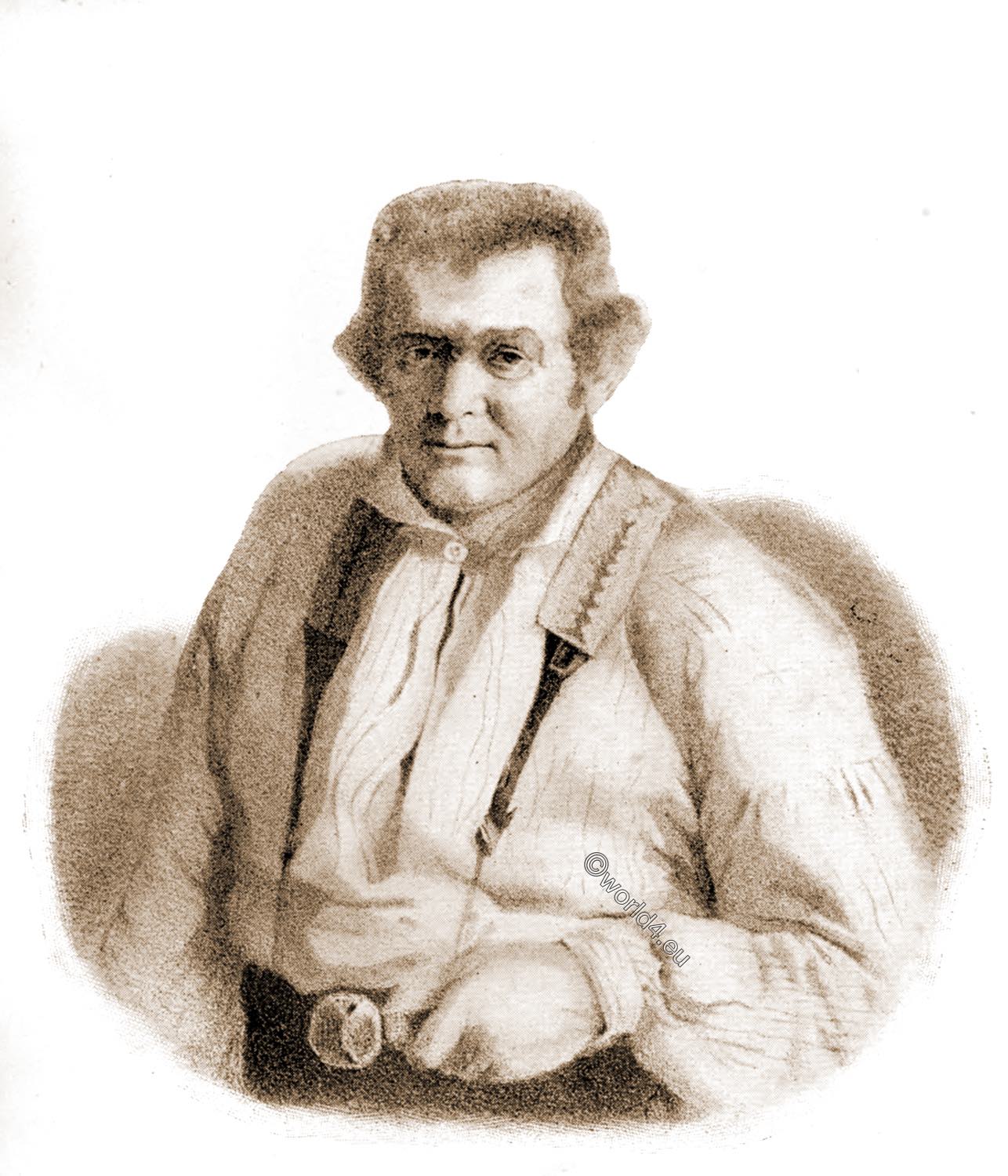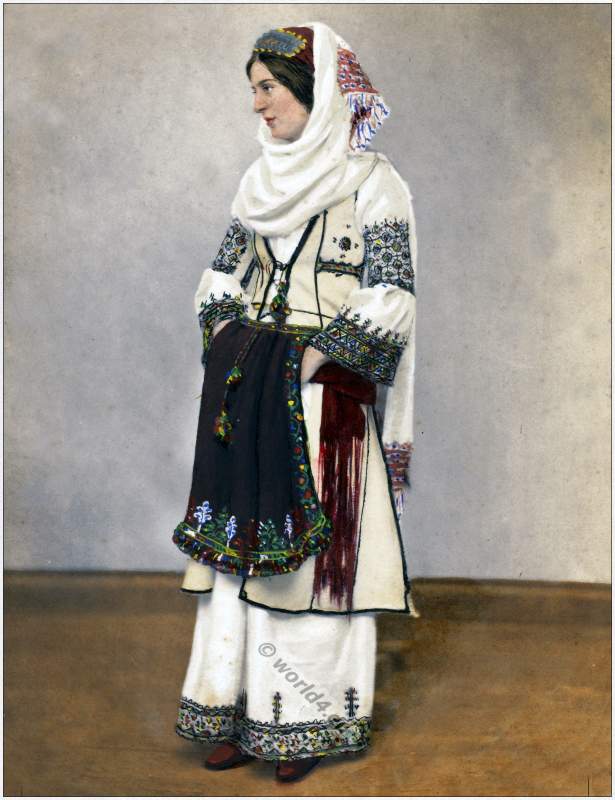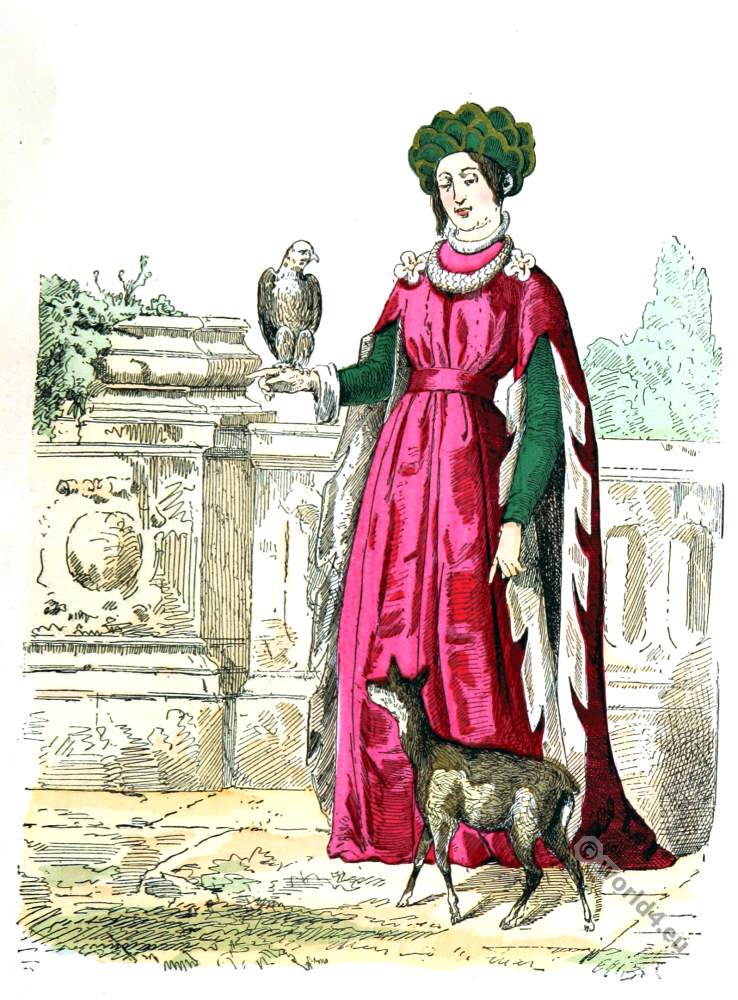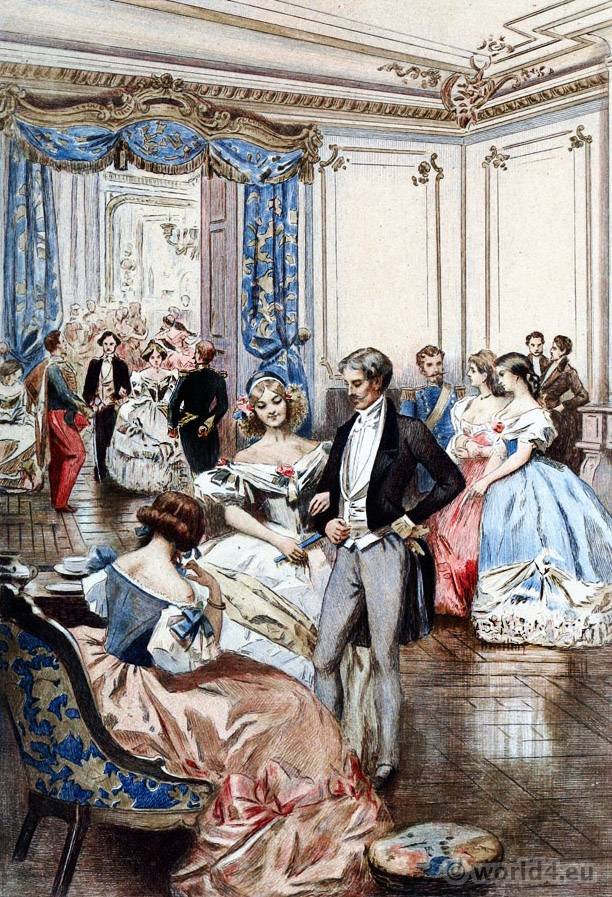Princess Elvira of Bavaria (1868–1943)
Elvira of Bavaria (Wittelsbach), Princess, Countess of Wrbna-Kaunitz-Rietberg-Questenberg. Daughter of Adalbert Wilhelm Georg, Prince of Bavaria and Infanta Amelia Philippina of Spain. Married to Rudolf of Kaunitz-Rietberg-Wrbna-Questenberg and Freudenthal.
She is wearing a Parisian Tournure bustle costume to the 1890th. Painting by Karl Gampenrieder. Belle Époque, Fin de Siècle Fashion.
The Life and Legacy of Princess Elvira of Bavaria: Countess of Wrba-Kaunitz-Rietberg-Questenberg
Early Life and Background
Princess Elvira of Bavaria was born into an illustrious lineage that shaped her future and provided a foundation for her later roles. She was the daughter of Prince Leopold of Bavaria and Princess Gisela of Bavaria, both of whom belonged to prominent royal families in Europe. Her paternal lineage can be traced back to the House of Wittelsbach, a dynasty renowned for its significant contributions to the realms of culture and politics, while her maternal connections further emphasized her noble heritage within the Bavarian context.
Growing up in a family steeped in tradition, Princess Elvira became acutely aware of her responsibilities toward her heritage. The environment surrounding her was imbued with cultural richness, as she was raised amidst art, music, and the regal customs that defined the Bavarian court. Early exposure to courtly life would have fostered in her a sense of duty and a deep understanding of the intricate dynamics of nobility. Her education was undoubtedly tailored to include not only the academic subjects common at the time but also the skills necessary to navigate the complex social and political landscapes of European aristocracy.
Moreover, Princess Elvira’s upbringing in the Bavarian Royal Family emphasized values such as service, loyalty, and dignity. These principles would guide her actions and decisions throughout her life. Interactions with influential figures in European history would have further enriched her character, sharpening her understanding of statecraft and diplomacy. As she matured, the combination of her noble lineage and her formative experiences laid the groundwork for her later contributions to society as Countess of Wrba-Kaunitz-Rietberg-Questenberg.
Marriage and Family Life
Princess Elvira of Bavaria entered into marriage with Count Heinrich von Wrba-Kaunitz-Rietberg-Questenberg on May 15, 1866. This union not only marked a significant turning point in her life but also carried substantial social and political implications for both families involved. The marriage was orchestrated to strengthen ties between the Bavarian nobility and the House of Wrba-Kaunitz, an influential family that played a key role in the regional aristocracy.
As the Countess of Wrba-Kaunitz-Rietberg-Questenberg, Princess Elvira assumed a prominent role in the courtly circles of her time. Her status was elevated, allowing her to leverage her noble connections to advocate for various social causes. It should be noted that the political landscape of the 19th century was rife with shifting alliances, and such marriages were often seen as strategic moves to fortify familial power and influence.
The couple welcomed several children during their marriage, further solidifying the family’s aristocratic legacy. Their offspring included both sons and daughters, who were strategically matched into other noble families, thereby expanding their influence within the European aristocracy. The children of Princess Elvira and Count Heinrich would grow up in an environment steeped in tradition and responsibility, mirroring their parents’ commitment to their respective duties. As their mother, Princess Elvira was tasked with not only raising her children but also maintaining the family’s social standing in society.
In managing her household and representing her family in various social engagements, Elvira balanced personal and public obligations. The dynamics of family life in the aristocracy presented unique challenges and opportunities, and Princess Elvira’s marriage fundamentally reshaped her identity and role, allowing her to navigate the complexities of noble life with grace and dignity. As her children grew, Princess Elvira’s prominence within the aristocracy continued to evolve, as she expanded her influence beyond her immediate family to include various charitable and social initiatives that reflected her values and vision for her community.
Cultural Influence and Patronage
Princess Elvira of Bavaria, Countess of Wrba-Kaunitz-Rietberg-Questenberg, significantly impacted the cultural landscape of her era through her active patronage of the arts and involvement in various charitable organizations. Her engagement in cultural activities reflected her deep commitment to fostering creativity and supporting the artistic community. Throughout her lifetime, she recognized the importance of arts in enhancing social cohesion and cultural enrichment.
One of the notable aspects of Princess Elvira’s patronage was her financial and moral support for a range of artists, including musicians, painters, and writers. She was known to sponsor exhibitions and performances, providing a platform for emerging talents while promoting established artists. This supportive ecosystem contributed to the vibrancy of Bavarian culture, as it allowed for the exploration of diverse artistic expressions. Furthermore, her efforts ensured that the arts were accessible to a broader audience, reinforcing the notion that culture ought to be a shared experience rather than an elite privilege.
In addition to her support for the arts, Princess Elvira played a vital role in organizing cultural events that united her community. These gatherings not only celebrated artistic achievements but also fostered social interactions that could strengthen communal bonds. Through her visionary leadership, she laid the groundwork for initiatives that would carry on beyond her lifetime, influencing future generations of artists and cultural enthusiasts.
The legacy of Princess Elvira’s contributions to the cultural fabric of Bavaria continues to resonate today. Her unwavering dedication to the arts, alongside her establishing connections between artists and patrons, facilitated an environment where creativity could thrive. This cultural mentorship ultimately reflected her understanding of the intrinsic value that the arts hold for society, making her a pivotal figure in Bavarian cultural history.
Legacy and Historical Significance
Princess Elvira of Bavaria, Countess of Wrba-Kaunitz-Rietberg-Questenberg, holds a unique place in the historical narrative of Bavaria. Her life, emblematic of nobility intertwined with the fabric of societal progress, has been the subject of various interpretations over the decades. While her royal lineage provided her with standing, it was her actions and engagements that cemented her legacy in both cultural and social spheres.
One of the standout aspects of Elvira’s legacy is her commitment to education and charitable endeavors. Her involvement in various philanthropic activities helped lay the groundwork for modern educational reforms in Bavaria. This dedication to societal improvement resonated with her contemporaries and has continued to inspire subsequent generations. In many ways, she served as a role model for successive Bavarian aristocrats, encouraging them to engage with the community and address social issues.
The influence of Princess Elvira is further manifested through her descendants, who have carried forth her values and commitments. They have actively participated in cultural initiatives, ensuring that the arts and education maintain a prominent place in Bavarian society. Furthermore, her descendants have continued to uphold her philanthropic spirit, extending their support to various charitable organizations and community programs. This persistent advocacy not only honors her memory but also reinforces her relevance in contemporary discussions about the role of noble families in modern society.
Moreover, historical analyses frequently highlight Princess Elvira’s contributions to the cultural tapestry of Bavaria, positioning her as a bridge between traditional aristocracy and progressive societal change. As her life and actions are revisited in scholarly works, her status as a significant historical figure grows stronger, ensuring that her legacy remains a vital part of Bavarian history. Through her descendants and the continued recognition of her contributions, the memory of Princess Elvira of Bavaria is poised to endure for generations to come.

Related
Discover more from World4 Costume Culture History
Subscribe to get the latest posts sent to your email.

